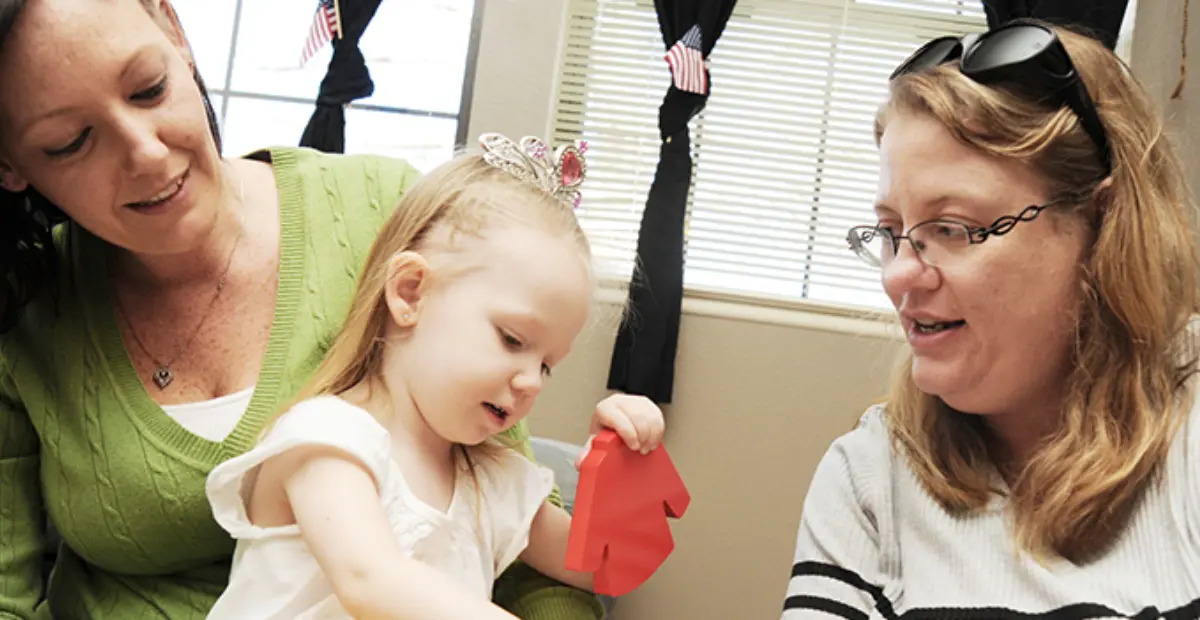The creation of a lifelong learner and passionate reader extends beyond the classroom. It involves a group effort, which includes the friends and family of the student. They are the support system that ensures the lessons learned in the classroom get reinforced outside of it. They are the ones that make sure that homework gets completed promptly and passive learning occurs. Researcher Susan B. Neuman, in her paper Guiding Young Children's Participation in Early Literacy Development: A Family Literacy Program for Adolescent Mothers, states that “engaging parents and children in mutual activities that include book reading, but are not limited to it, may constitute the richest potential for supporting children's early literacy development.”
It can be a challenge to get parents to engage. Parents have busy lives, and while they want to participate, other problems in life prevent it. They are not only making sure their children are doing well at school, but they are also working to pay the bills, get children to social events and possibly taking care of other family and friends. Schools intimidate some parents, based on their history with education. Teachers have a variety of tools at their disposal to invite and encourage parents to become more active in their child’s education.
- Get to know the parents. After school, have family nights where the parents and students complete lessons together. Make time after the lesson to work with the parents to show them how to help students with similar assignments. This allows the teacher to get to know the parents, opening up communication.
- Build the right communication channels. Like students, parents have their preferred ways of communication. Some react quickly to email, while others are very responsive to text messages. If access to the internet is an issue, phone calls may be the best way to open channels. Finding the method that works best with the parent improves the teacher’s ability to put parent and student on the same page.
- Provide parents the tools teachers use. Parents can be very willing to help a student, but not know what the lesson is or how they can help. Sharing tools with parents, like Powerpoint presentations or websites with learning tips, encourages parents to get involved. Not only are they involved, but they are also reinforcing the lessons presented in class, reinforcing the information.
- Allow them a peek inside the classroom. Parents that know what their students are doing in the class are more engaged. When they go on a field trip, send the parents some pictures. If they have a project, provide the parents ways to participate and show off what other students in the class create.
- Tell them something good. The overwhelming assumption when a teacher sends something home is that it has a negative connotation. Send more good feedback than bad builds trust with the parents and makes a note from the school a little more exciting to receive.



